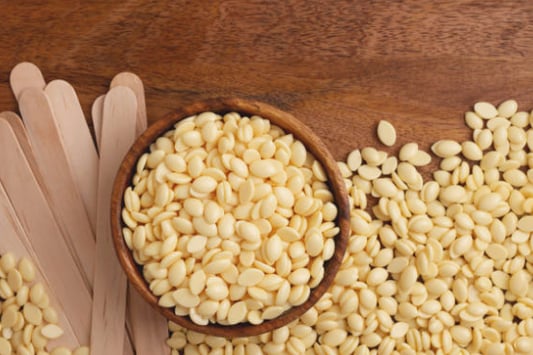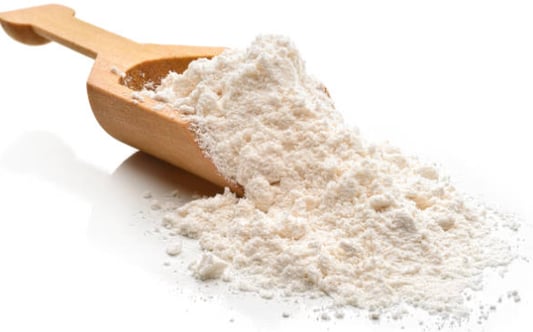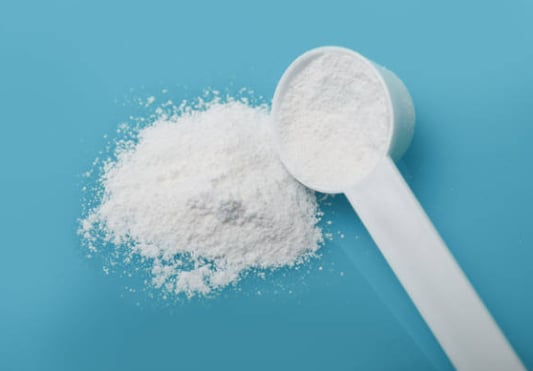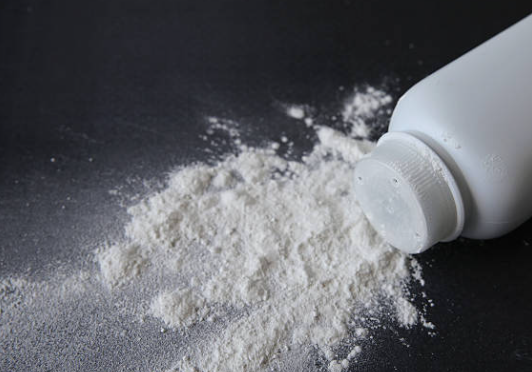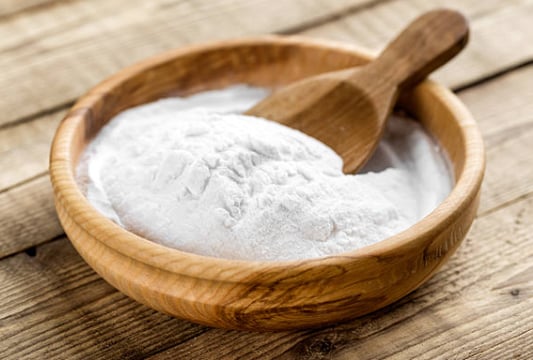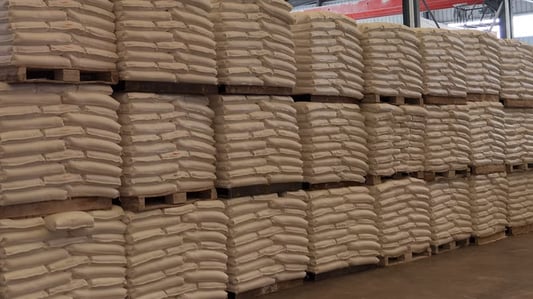The Battle: japanese wax vs beewaxWhen it comes to wax, there are various types available in the market. Two popular options are Japanese wax and beewax. Both have their unique characteristics and applications. In this article, we will delve into the differences and benefits of Japanese wax and beewax, helping you understand which one may be the best choice for your specific needs.1. Understanding Japanese WaxJapanese wax, also known as vegetable wax, is derived from the berries of the Rhus succedanea tree. This wax has been used for centuries in Japan for various purposes, including traditional crafts, cosmetics, and candles. Japanese wax is known for its high melting point and excellent luster, making it a popular choice for creating shiny finishes on wood and other materials.2. Exploring BeewaxBeewax, as the name suggests, is produced by bees. It is a natural wax that is secreted by bees to build their honeycombs. Beewax has a rich history and has been used for centuries in various applications, such as candles, cosmetics, and even as a natural food preservative. It is known for its pleasant aroma, golden color, and versatility.3. Melting Points: Japanese Wax vs BeewaxOne of the key differences between Japanese wax and beewax lies in their melting points. Japanese wax has a higher melting point compared to beewax. This makes Japanese wax more suitable for applications that require heat resistance, such as creating durable finishes on wooden furniture or objects exposed to high temperatures. On the other hand, beewax has a lower melting point, making it ideal for applications where a lower temperature is desired, such as skincare products or candles that emit a soft, ambient glow.4. Appearance and ColorAnother aspect to consider when comparing Japanese wax and beewax is their appearance and color. Japanese wax typically has a pale yellow color and a glossy finish when polished. It adds a beautiful sheen to wooden surfaces and other materials. Beewax, on the other hand, has a rich golden color that adds warmth to any application. It is often used in furniture restoration to enhance the natural beauty of wood.5. Aroma and Natural FragranceIf you appreciate a pleasant aroma, beewax takes the lead. Beewax has a naturally sweet and subtle fragrance, which adds to its appeal. This aroma can enhance the ambiance of a room when used in candles or provide a delightful scent in skincare products. Japanese wax, on the other hand, is known for its neutral scent, making it a suitable choice when you prefer a fragrance-free option.6. Versatility and ApplicationsBoth Japanese wax and beewax have their unique applications. Japanese wax is often used in traditional Japanese crafts, such as lacquerware, as it provides a durable and glossy finish. It is also used in cosmetics, where its high melting point ensures the stability of the product. Beewax, on the other hand, finds application in candle-making, skincare products, and even as a natural polish for furniture. Its versatility makes it a popular choice in various industries.7. Environmental ConsiderationsWhen it comes to environmental considerations, both Japanese wax and beewax have their advantages. Japanese wax is derived from a plant source, making it a vegan-friendly and sustainable option. It can be harvested without harming the Rhus succedanea tree. Beewax, on the other hand, is a byproduct of the honey production process. It is a renewable resource that supports beekeeping and the pollination process, contributing to the ecosystem's overall health.8. Allergies and SensitivitiesFor individuals with allergies or sensitivities, it is crucial to consider the potential effects of different waxes. Japanese wax is generally considered hypoallergenic and less likely to cause skin irritations. However, it is always advisable to perform a patch test before using any new product. Beewax, although rare, can cause allergic reactions in some individuals, particularly those with bee-related allergies. It is essential to be aware of any allergies and consult with a healthcare professional if needed.9. Cost ConsiderationsWhen comparing Japanese wax and beewax, cost can be a factor to consider. Japanese wax is generally more expensive compared to beewax due to its specialized production process and limited availability. Beewax, on the other hand, is more widely accessible and often more affordable. The cost difference may influence your decision, depending on your budget and specific requirements.10. Making the Choice: Japanese Wax or Beewax?Ultimately, the choice between Japanese wax and beewax depends on your specific needs and preferences. If you require a wax with a high melting point, excellent luster, and a neutral fragrance, Japanese wax may be the ideal choice. On the other hand, if you value versatility, a pleasant aroma, and a golden hue, beewax might be the perfect fit. Consider the intended application, desired properties, and any allergies or sensitivities before making a decision.Quote InquiryBulk Buy Sumac Wax


